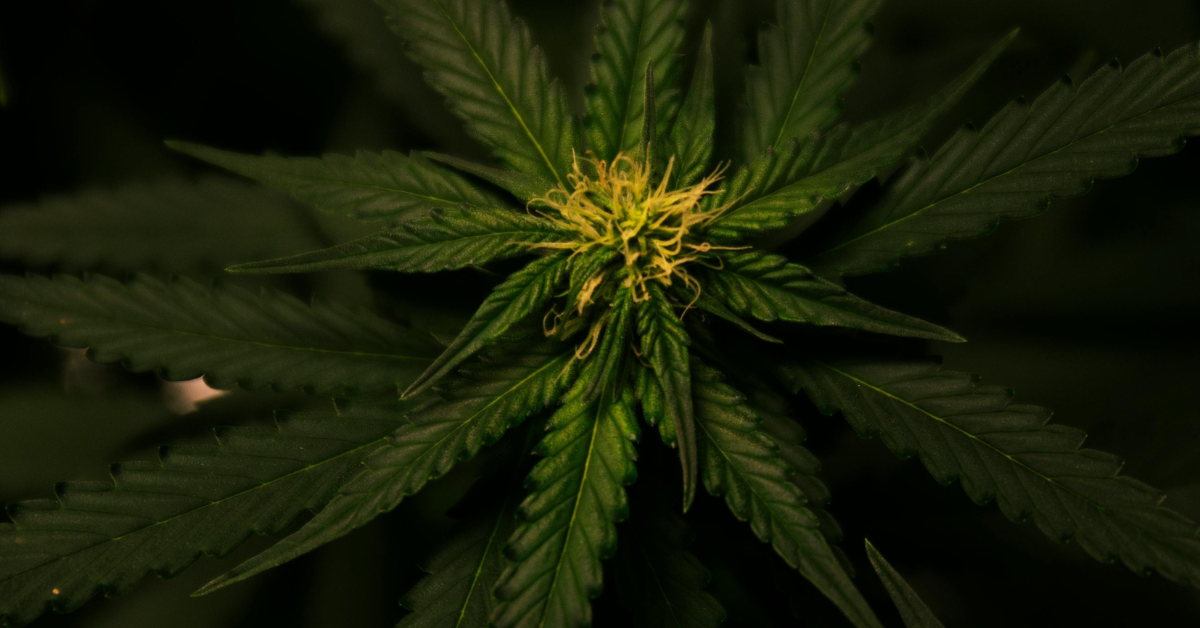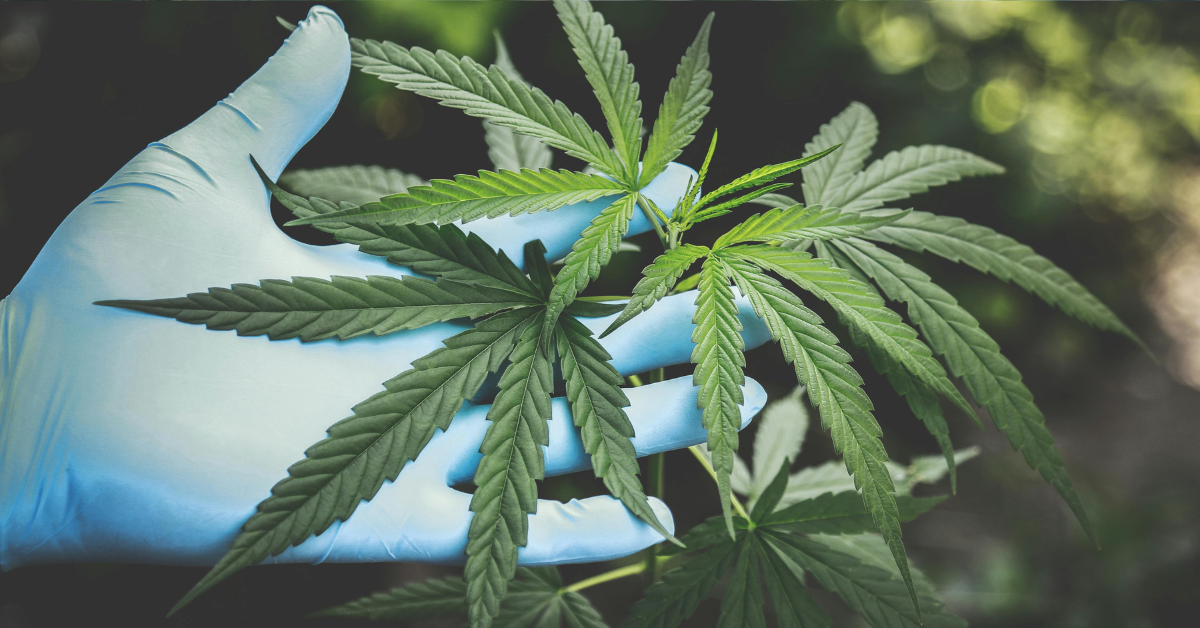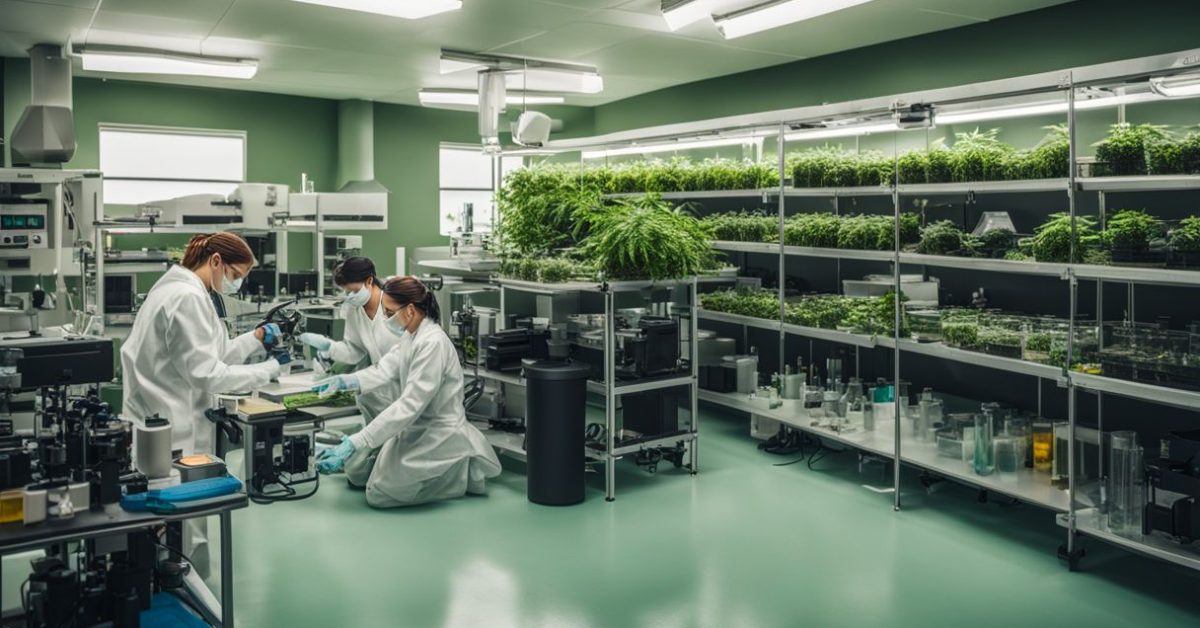
The cannabis industry continues to grow rapidly, creating new opportunities for businesses to enter the market through various licensing options. Two of the most discussed pathways are farmgate and retail cannabis licenses. Understanding how these licenses differ is crucial for producers, entrepreneurs, and investors who want to set clear business goals and comply with strict regulatory standards.
Choosing between a farmgate license and a retail license involves more than just deciding where to sell products it affects how you manage production, engage with customers, and maintain quality control. This guide explains the main differences, benefits, and challenges of each license type, helping you make an informed decision.
At MFLRC, our team supports companies in the cannabis industry with expert consultation, compliance strategies, and quality assurance to keep operations on track and in line with GMP, EU-GMP, and GPP requirements.
Licensing sets the framework for how cannabis businesses legally operate, from cultivation to final sale. In Canada and other regulated markets, businesses must meet requirements set by federal and provincial authorities. This includes adhering to strict security measures, staff training, and product handling rules.
Selecting the right license is one of the first and most important steps for any cannabis company. It determines where and how you can sell products, your target customers, and the level of operational oversight required to stay compliant.
A farmgate license allows a licensed cultivator or processor to sell cannabis products directly at the site where they are produced. This means customers can visit the production facility, purchase products on-site, and sometimes even participate in tours or educational experiences.
Key features of a Farmgate license:
Farmgate sales have gained popularity in areas with cannabis tourism potential. Visitors often appreciate buying directly from the source and learning about cultivation methods firsthand.
A retail cannabis license is designed for businesses that want to open a dedicated storefront to sell cannabis products to the general public. Retail stores typically stock a range of products from multiple licensed producers and distributors, Offering variety and convenience to customers—see our guide on open a retail cannabis dispensary.
Key features of a retail license:
Retail stores focus on creating a welcoming shopping environment, knowledgeable staff, and a wide product selection to attract repeat customers.
To clarify the main differences, here’s a side-by-side look at Farmgate and retail licenses:
Feature | Farmgate License | Retail License |
Where Sales Occur | At the production site | At any approved retail location |
Product Source | Self-grown and processed | Multiple licensed producers |
Customer Draw | Direct-from-farm experience | Convenient shopping in urban or rural areas |
Product Range | Limited to own products | Broad selection from different brands |
Tourism Factor | High potential for local tourism | Not tied to production visits |
Operational Focus | Production and retail combined | Retail management only |
Before choosing which license suits your goals, it’s helpful to look at the practical benefits and limitations.
Advantages:
Drawbacks:
Advantages:
Drawbacks:
Must keep up with changing local retail laws.

Choosing between Farmgate and retail should be a strategic decision based on your long-term business plan. Here are key points to weigh:
Here’s a general roadmap for securing each license:
Both processes involve careful planning, detailed paperwork, and ongoing inspections. Mistakes can delay approval or lead to penalties that’s why partnering with consultants who understand regulatory expectations can make a big difference.

Licensing isn’t just about securing approval once; it’s about maintaining compliance every day you operate. MFLRC has a proven track record of guiding businesses through licensing, regulatory compliance, and quality assurance in the cannabis sector and beyond.
Whether you need help drafting your application, preparing for inspections, or setting up systems that meet GMP, EU-GMP, or GPP standards, our consultants work alongside your team to help you meet all requirements confidently.
Farmgate and retail cannabis licenses both offer valuable pathways into the cannabis market but they come with distinct responsibilities and rewards. Choosing the right license depends on your location, business vision, budget, and appetite for managing daily compliance.
For expert guidance, every step of the way, reach out to MFLRC. Our experienced consultants are ready to help you navigate licensing challenges and build a compliant, sustainable cannabis business.
| Disclaimer |
| The above blog post is provided for informational purposes only and has not been tailored to your specific circumstances. This blog post does not constitute legal advice or other professional advice and may not be relied upon as such. |
Written By: Mussarat Fatima
President at MF License & Regulatory Consultants
Website: https://mflrc.com/
Contact: info@mflrc.com

MFLRC is a one-stop shop for all of your Licensing, quality assurance and compliance needs. Our team has years of experience in the cannabis industry and are experts in all facets. We offer a variety of services that will save you time and money. Let us take the burden off your shoulders so you can focus on what’s important – growing your business.
Contact us Now!
Mussarat Fatima, President, and owner of MF Cannabis License and Regulatory Consultants has more than twenty years of experience in Quality Assurance, Quality Control, and Regulatory Affairs within the pharmaceutical, Food and Cannabis industries. She has a Master’s Degree in Food Sciences and Biochemistry; in addition to this, she also has a diploma in pharmaceutical Quality Assurance, Regulatory Affairs, and Quality Control. Also, she has completed several certifications specifically in Cannabis Quality Assurance, Regulatory Affairs, and Facility management from recognized institutes in Canada.

Written By: Mussarat Fatima
President at MF License & Regulatory Consultants
Website: https://mflrc.com/
Contact: info@mflrc.com